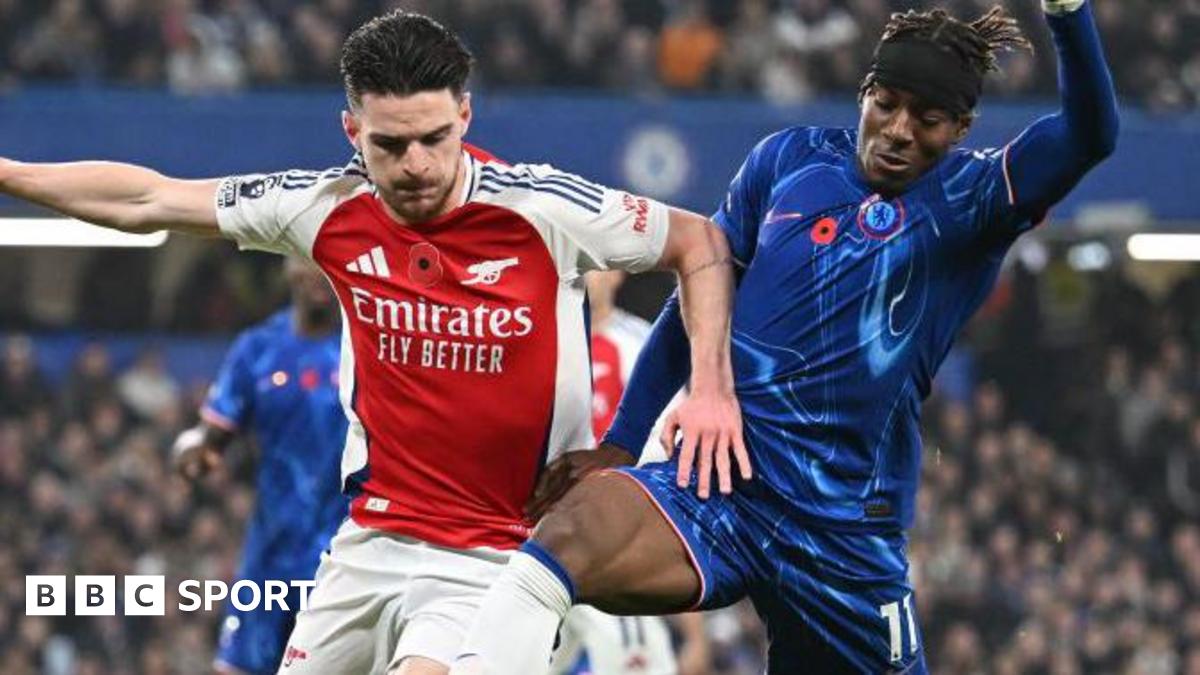
Declan Rice is talking up Noni Madueke, fine. We've all seen players big up their new teammates. It's part of the game, the PR machine whirring into action. But here's the thing: Rice’s defence of the Madueke signing speaks to something far bigger than just on-field performance. It's about the cultural anxieties bubbling under the surface in the Premier League, and the discomfort some feel when the established order is challenged.
Sources tell me Rice was genuinely taken aback by the negative reaction swirling around Madueke's arrival. Not just the predictable social media toxicity, but the whispers in the dressing room, the raised eyebrows from pundits who seem to think only certain types of players deserve a shot at the top. This isn't new, is it? How many times have we seen talented players, often those with different backgrounds or playing styles, face an uphill battle to be accepted?
Think back to Ravel Morrison. Unquestionable talent, but did he get the same support, the same understanding as others? Or was he written off too easily? The Premier League loves a redemption story, sure, but only if it fits a certain narrative. Madueke, with his confidence and flair, doesn't neatly fit into any pre-existing boxes. And that makes some people uneasy.
Is that so shocking? The Premier League, for all its global appeal, can be a surprisingly insular environment. The ‘old boys’ network’ is still very real, the influence of certain agents and personalities undeniable. This affects who gets chances, who gets praised, and who gets unfairly judged. Let's not pretend that unconscious bias isn't a factor.
Rice, coming from a similar environment himself before his move, probably recognizes the subtle (and not so subtle) pressures at play. His public backing of Madueke isn't just about team spirit; it's a quiet rebellion against the status quo. He's saying, in effect, 'judge this guy on what he does on the pitch, not on your preconceived notions'.
Madueke's success, or failure, will have ripple effects. If he thrives, it will send a message that different approaches, different personalities can flourish. It will force a reassessment of what it means to be a 'Premier League player'. If he struggles, it will reinforce the existing biases, the comfortable assumptions that limit potential.
The stakes are higher than just goals and assists. This is about the soul of the game. Will it continue to evolve, to embrace diversity and innovation? Or will it remain stuck in its ways, clinging to outdated ideas of what constitutes a 'proper' player?
Ultimately, Rice's words resonate because they touch upon a deeper truth. Football isn't just a game; it's a reflection of society. And the way we treat players like Madueke says a lot about who we are, and who we want to be.